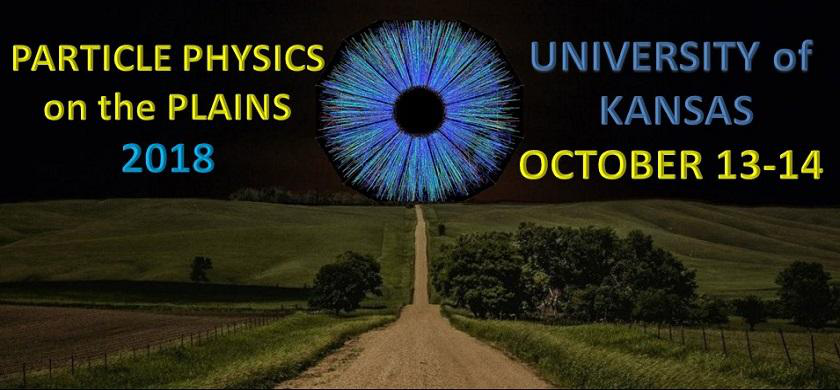Speaker
Description
The values of fundamental physical constants are crucial for testing current theories and their possible extensions. It is not widely appreciated that determining the constants is quite sensitive to how data and theory are selected, and how theoretical and experimental uncertainties are treated. There exists no universal definition of the “best” procedures or constants. Procedures dedicated to finding constants with the highest possible precision generally select data that confirms the theory. Contrary to perceptions, the theory is not tested at the same level as the uncertainties of fitted parameters. The uncertainties found under a given procedure also cannot reliably constrain parameter variations from different procedures. Determining physical constants cannot consistently be done piecemeal, but needs global fits incorporating the shifting relationships between theory and data. We claim it is scientifically productive to include generic alternatives in global fits, if only to test sensitivity to their effects. Since all the constants are coupled, it is generally necessary to re-do global fits to place self-consistent limits on alternative theory parameters, or make discovery claims. Yet the procedural universe where QED and Standard Model theory are defined to be “exact” permits no alternatives. We propose a new mechanism where dependence on data selection, theory, and procedural decision can be explored community-wide. We constructed Constant Finder (http://www.constantfinder.org), a comprehensive automated code and user interface available to anyone via the website with the same name. The site allows users to make their own procedural decisions, adjust experimental and theoretical values and uncertainties, and pose alternatives to theory within several global data-fitting frameworks. Anyone interested can determine the fundamental constants on the basis of data, uncertainties, and theory inputs of their choosing.

